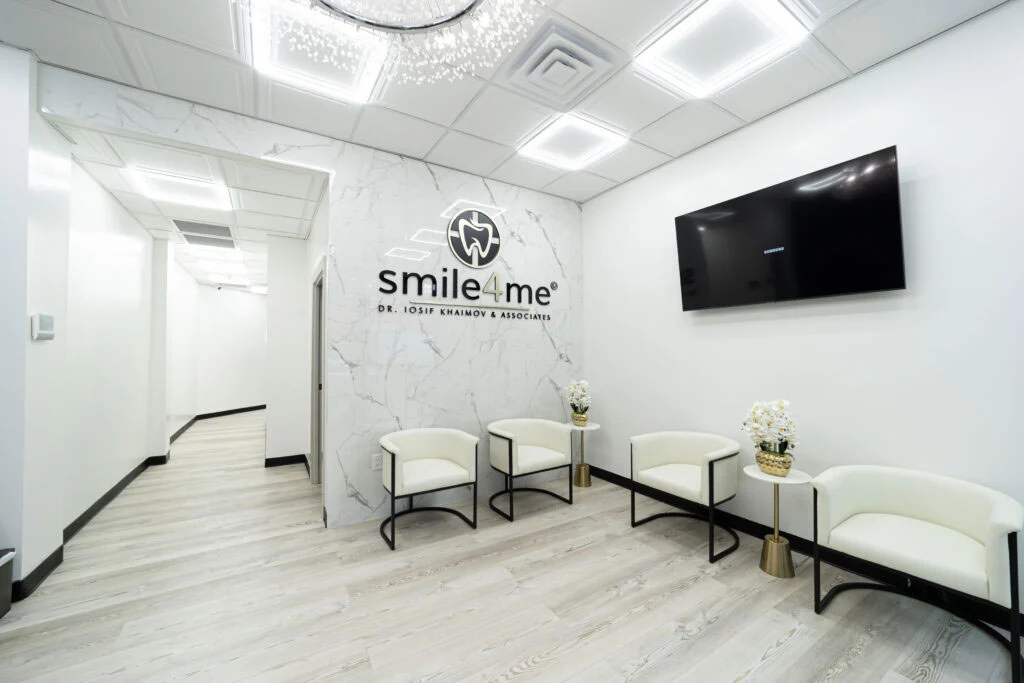
At smile4me, we believe that the key to a healthy and radiant smile is through good oral care. By visiting us for regular checkups, maintaining an effective oral hygiene regimen at home, and avoiding foods or drinks high in sugar, you can significantly reduce your risk of cavities. While tooth decay affects nearly everyone at some point in their lives, it's largely preventable with the right knowledge and habits.
Tooth decay, also known as dental caries, is a process that leads to progressive damage to your teeth. It begins when plaque, a sticky film of bacteria, accumulates on the surfaces of your teeth. When you consume sugary foods or drinks, the bacteria in dental plaque metabolize these sugars and produce acids. Over time, these acids can erode your tooth enamel and create cavities.
Without proper care, a cavity can lead to more serious issues like tooth loss, gum disease, or even impact your overall health. However, with regular dental checkups and proper oral hygiene practices, you can greatly reduce your risk of developing tooth decay.
At smile4me, our skilled and experienced team is dedicated to helping you maintain optimal oral health. We provide personalized guidance on proper dietary choices, demonstrate the best home care techniques, and offer professional cleanings twice a year at checkup time. By following these steps, you can significantly reduce your risk of developing tooth decay:
While prevention is the best way to protect your teeth from decay, there's no need to panic if a cavity does develop. With early detection and care, we will gently and precisely remove the damaged tooth structure and place a long-lasting filling to restore the integrity of your tooth. We use the latest generations of biocompatible tooth-colored materials to create attractive and durable restorations that blend seamlessly with your smile. For deep tooth decay, we may recommend a full-coverage crown or additional treatment as needed.
In conclusion, by following good oral hygiene practices, eating a balanced diet, and visiting us regularly for professional dental care, you can greatly reduce your risk of developing tooth decay. Remember, our dedicated staff is always here to help guide you on the path to optimal oral health. Don't hesitate to reach out if you have any questions or concerns about your dental care.